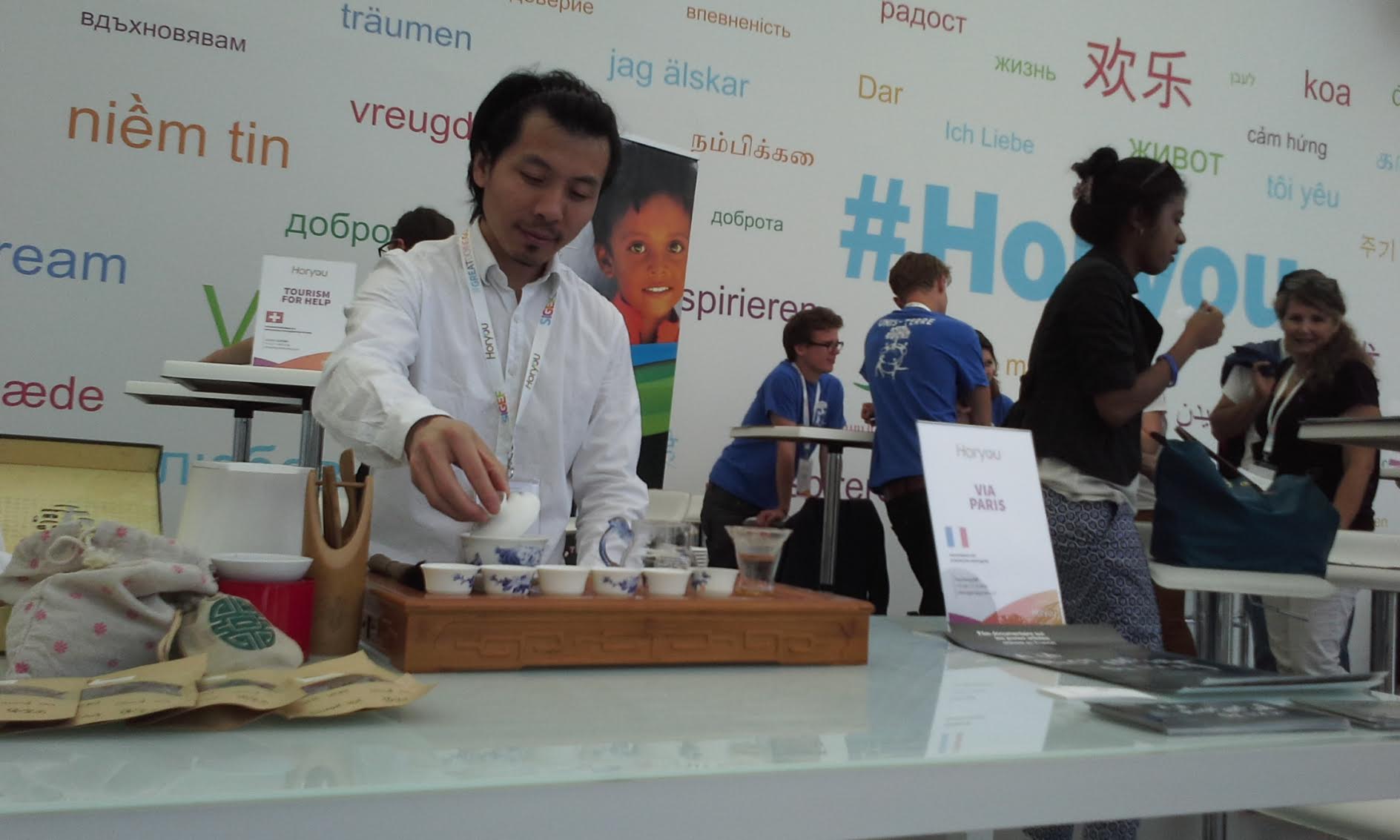 To Fool the Rain: Haiti’s Poor and Their Pathway to a Better Life by Steven Werlin
To Fool the Rain: Haiti’s Poor and Their Pathway to a Better Life by Steven Werlin
My rating: 4 of 5 stars
“Helping families lift themselves out of poverty means helping them build income and wealth, but it is a social phenomenon as well,” wrote Steve Werlin, the author of To Fool the Rain: Haiti’s Poor and Their Pathway to a Better Life. “And one of the social change we try to effect involves working on the way members look at themselves.”
It is quite impressive how someone’s mind and attitude can alter and reset the course of one’s life. However, in order to eventually arrive at that mind reset some people require a substantive hand out, constant observation and follow-up; not simply a prescriptive hand up. When looking at the lowest income countries in the world like Haiti a vast array of NGOs work to alleviate some of its inherent problems with programs that address the root of poverty. Some provide work programs, educational programs, health care, or even microloan programs. But some of Haiti’s families are so extremely poor they cannot dream of qualifying for many of these programs because they have virtually nothing. In fact, they live in such cyclical poverty they cannot feed themselves on a daily basis, or even every other day. In Haiti’s deepest far reaches and unfathomable rural areas are families who live in abject poverty far away from roads and towns. They require the most cumulative social programs designed by worldwide NGOs that specialize in the nuances of poverty reduction and eradication.
In Haiti, for example, one of those social programs is called “Chemen lavi miyo (CLM)” in Creole or a Pathway to a Better Life that is run by Fonkoze, Haiti’s largest microfinance organization. Even as a microfinance enterprise Fonkoze realized that to reach the poorest Haitian families means to provide overarching programs that teach rural women who qualify for their CLM program financial and entrepreneurial skills as well as life and relationship skills.
Continue reading “Book Review: To Fool the Rain: Haiti’s Poor and Their Pathway to a Better Life”







